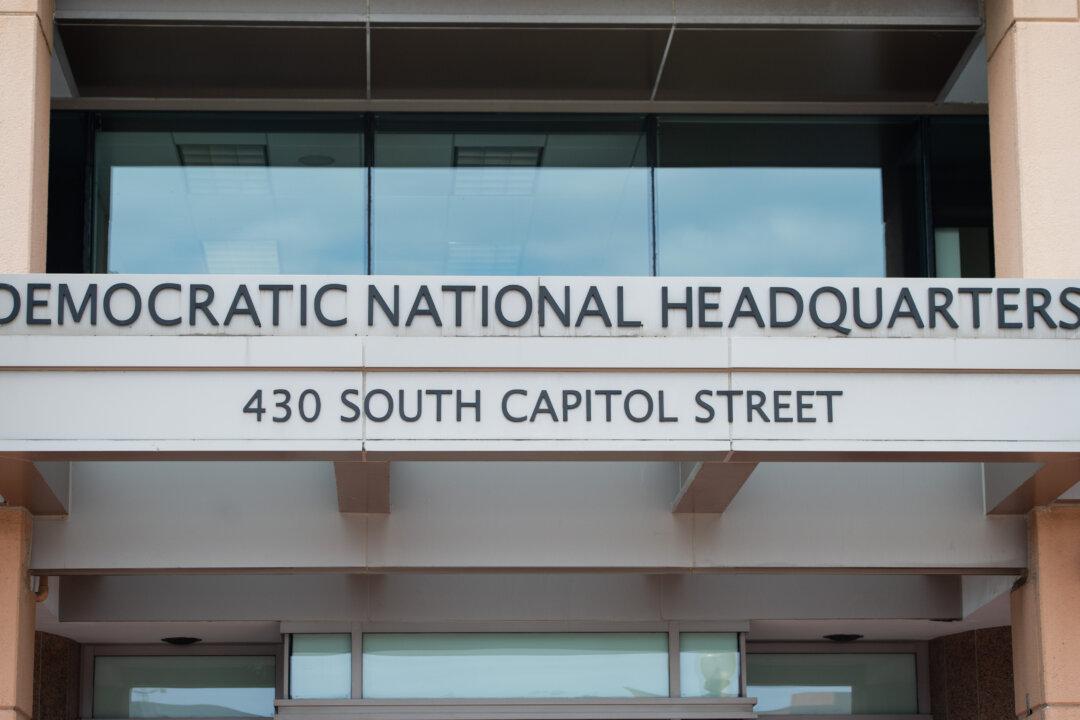The Democratic National Committee (DNC) is ending its longtime partnership with lawyer and election strategist Marc Elias, who paid for the notorious dossier falsely accusing the Donald Trump presidential campaign of colluding with Russia.
The divorce between the national organization of Democrats and its top lawyer over “a number of strategic disagreements” was first reported by Punchbowl News, citing anonymous sources familiar with the matter. This appears to only affect the DNC, considering that Elias still represents a slew of federal- and state-level Democratic campaign arms, such as the DSCC, DAGA, and DLCC.





